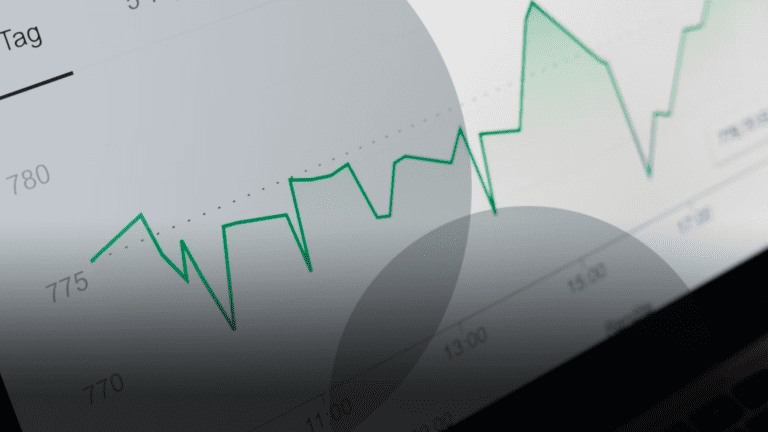
Anna Corbett
Director of Client Success
Anna is responsible for all client delivery, and is our resident data and analytics lead.
An article about the promises of Facebook advertising and the buts.....
Facebook with its 1.44 billion monthly active users is undoubtedly one of the best places to advertise your business on. It’s so very tempting to run a Facebook ads campaign because it all sounds too good to be true. Maybe it is… Let’s take a look at the reality of Facebook ads.
Facebook’s tools for audience segmentation are amazing. Marketers have the option to use the standard or very advanced audience targeting like this:
The possibilities that Facebook offers with their audience targeting are staggering and, if you ask me, extremely exciting. Imagine a world where you could reach exactly the people, down to the person, you want to reach with your ads.
The problem is that, in reality, your ad campaigns on Facebook are likely to simply be very disappointing. The But is the Bot.
Facebook has always tried to get a grip on fake profiles and click farm setups, but to this date have had very little success. This is where the problem with Facebook ads stems from.
Don’t ever think about paying for your ads by impression! In an experiment carried out by the Max Planck Institute for Software Systems, Microsoft and AT&T’s research labs, it was discovered that a mind blowing 67% of likes gathered during ad campaigns are served to fake user profiles and click bots. So by paying for impressions, you’d just be paying to have your ads appear in front of nobody at all.
If you are paying by click, you won’t have to worry about your impressions being dominated by bots at least. But there are still huge problems here.
Facebook ad clicks are regularly being executed by click bots. So you are likely to find that 50% of your clicks won’t show up as sessions in your analytics.
That’s ok though because you’ll just need to think of your cost per click and double it to know what you are actually paying per website visitor.
Another problem unfortunately is that of those visitors the bounce rate will be very high. Anything between 70% and 90%.
Even though you have to be very aware of the real cost of a click from Facebook ads if you have a neatly defined audience, the real users that end up in your website are likely to convert, so you might well end up with a lower cost per conversion than for Google PPC ads.
So be prepared to be disappointed when using Facebook ads. Use them wisely and you might be able to get real value from them.
Now let’s all get on Facebook’s back so they take action against the bots. And then be outraged because of the unbelievable steps a user will have to go through to verify their profile!

Director of Client Success
Anna is responsible for all client delivery, and is our resident data and analytics lead.
View my other articles and opinion pieces below
Google’s Performance Max just got a major upgrade. Anna Corbett breaks down how new channel-level reporting helps you make smarter, data-driven decisions about your ad spend.

Base Creative’s Anna Corbett explains how we use AI to boost campaign performance, from analytics to client conversations – without losing the human touch.

On 1st July, Universal Analytics will stop processing data. UA will be permanently replaced by Google’s new reporting platform, Google Analytics 4. To help you prepare for this transition, we have compiled all of our GA4 information into one place, ranging from guides to FAQs and deep-dives into specific features including cookie-less tracking, API quotas […]

Imagine your next digital marketing campaign. Your mind probably went straight to what you’d like to achieve. Maybe you want to: This is where you need to ask “why?” Why do you want to increase your paid ad conversions? Why does your CEO need more followers? Why do you want more site visitors? “What do […]
